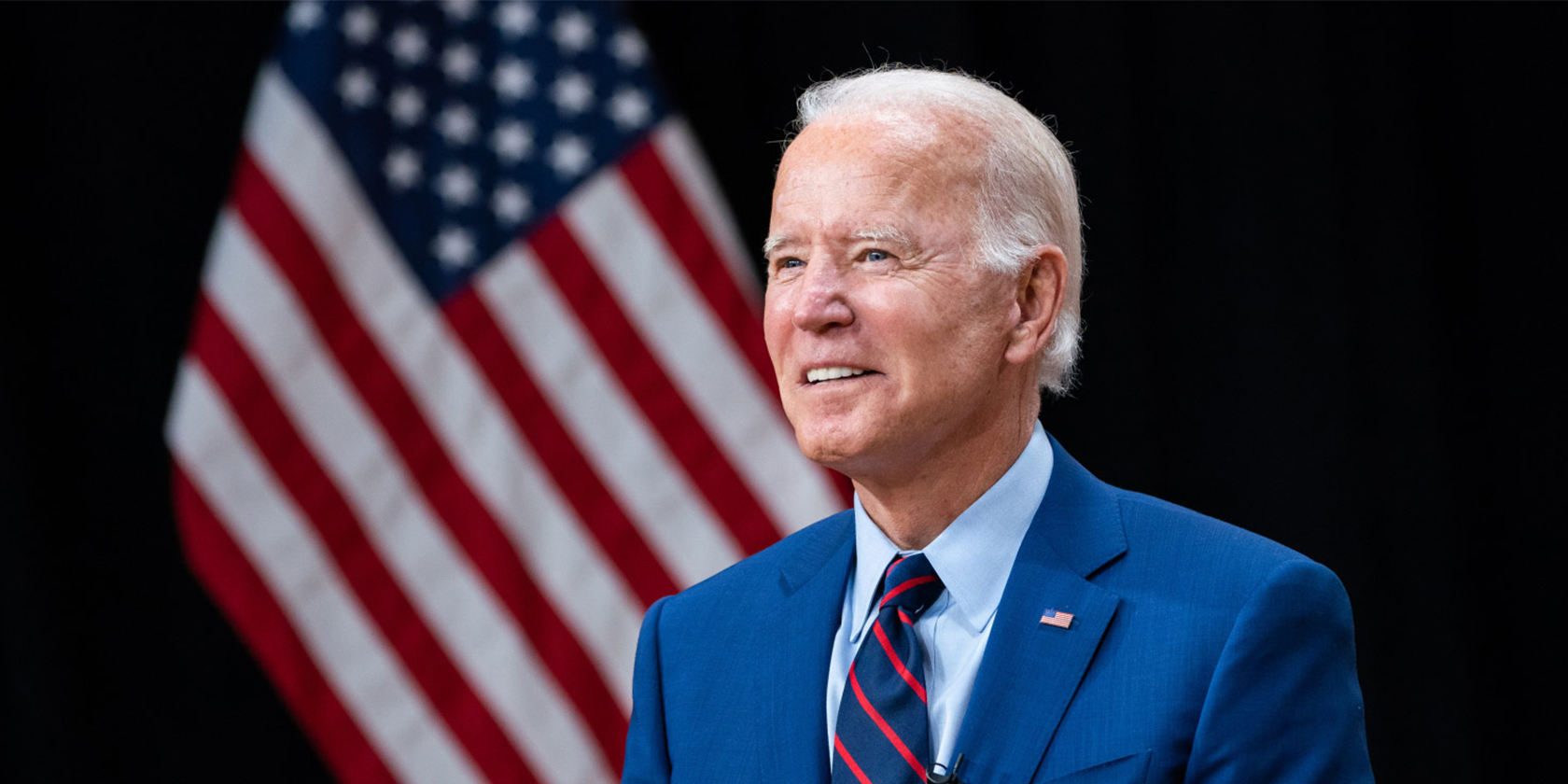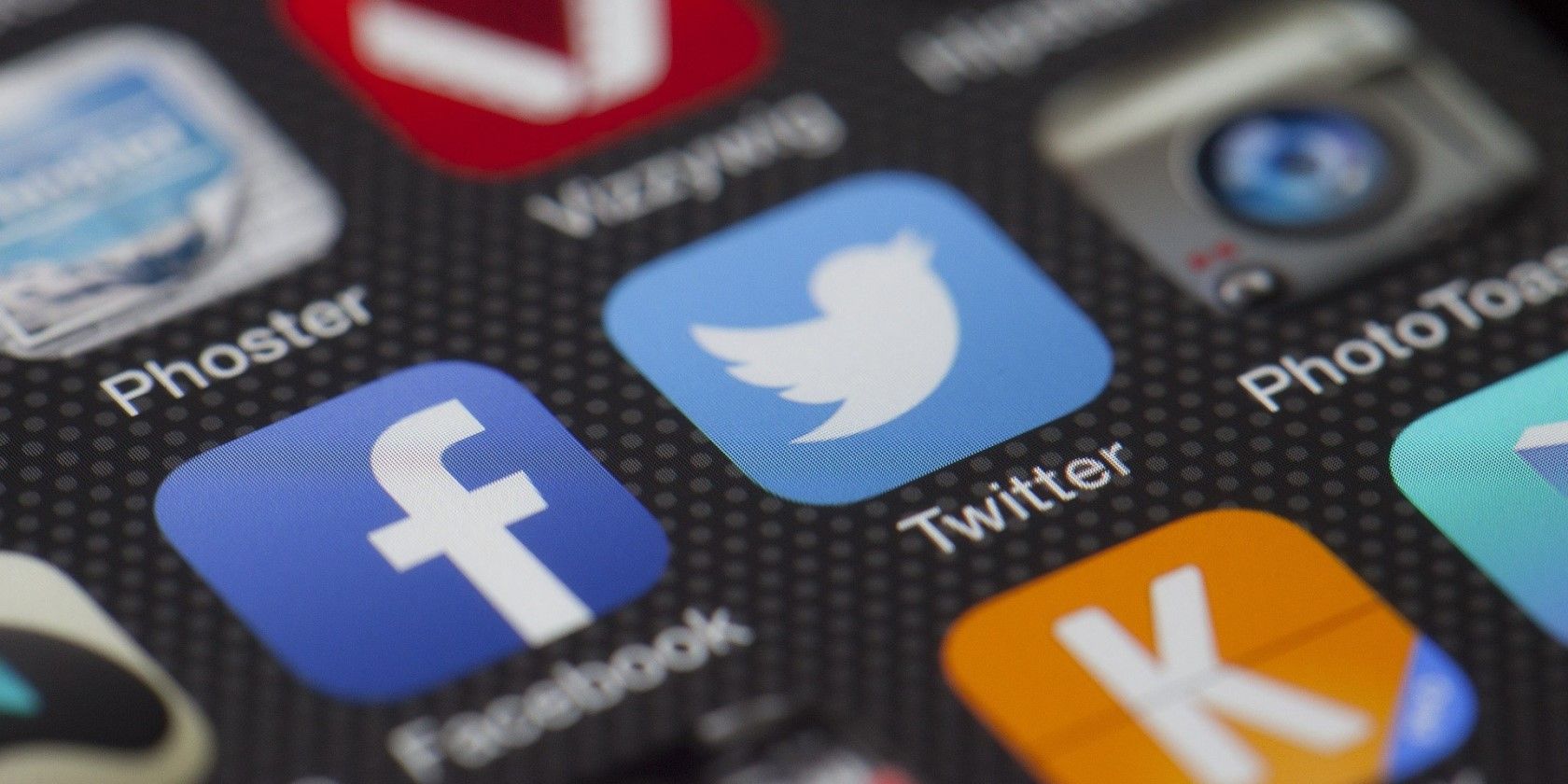While half of all US adults have already received at least one COVID-19 vaccine dose, US president Joe Biden hopes to get the whole population onboard. Rightfully so, since the US has seen over 30 million COVID-19 cases since the pandemic began.
To do this, his administration is making use of just about every form of digital communication to encourage people to get vaccinated.
The White House Will Use Social Media to Push Vaccine Eligibility
According to an Axios report, the White House is launching a "targeted media blitz" to promote the Biden administration's promotional campaign for vaccine eligibility. Facebook, Twitter, and Snapchat are some of the companies that'll help spread the word.

Originally, the White House set May 1 as the first day for all US states to allow residents aged 16 and older to get the COVID-19 vaccine. The date has since been pushed earlier to April 19.
As part of the campaign, Facebook and Twitter will send push notifications to their US users that they’re eligible to receive the vaccine. American physician-scientist and immunologist Anthony Fauci will be using Snapchat to try and keep younger audiences informed.
The administration is [also] narrowing in on specific constituencies who may experience higher rates of hesitancy, including Latino and Black communities as well as conservatives. To reach those groups, officials will do interviews with Telemundo, All Ag News and radio host Rickey Smiley, who has a wide following in the Black community.
On top of social media, the White House says that 6,000 community partners will receive a social media toolkit by email, and that it'll schedule doctors for television interviews to be shown nationwide.
Biden will film a direct-to-camera public service announcement that'll be spread across digital platforms, while vice president Kamala Harris will take part in social media publicity—which includes an interview with weekly newspaper Carolina Peacemaker.
Social Media Against COVID-19
Recently, Facebook made it easier to find yourself a COVID-19 vaccine if you live in the US. Before that, the platform launched new profile frames in support of the vaccines, and even froze the page of the Venezuelan president because he promoted a false "miracle cure."

When it comes to posts containing misinformation about vaccines, Facebook removes them. Twitter, on the other hand, bans users that share them continuously.
Admittedly, it did take some time for major platforms to step up like this. When the pandemic first began, COVID-19 misinformation was spreading like wildfire. But now, some of the social media giants are now trying to turn things around for the sake of everyone's safety, which is wonderful to see.
![How to Find IMSI Number on iPhone [Helps with iOS Unlock][Updated] data:post.title](https://blogger.googleusercontent.com/img/b/R29vZ2xl/AVvXsEjLjHwhnfUXNJTuiylqmlurhLRVAEVi803j6xcnvN8EZwF5_XUynz1y0Ko-vwpx6O3nT5hogTELahedGzgQpXM5Y99fcBliinyBu8ACw8_DVV3FpPLkIqR0u7v_HM39rAkpV5MyJiG1h5s/s72-c/find+imsi+iphone.jpg)